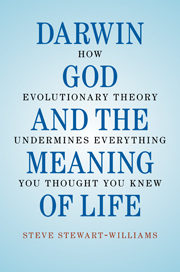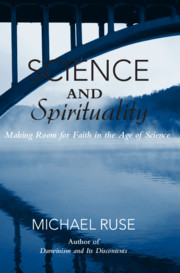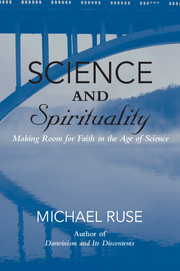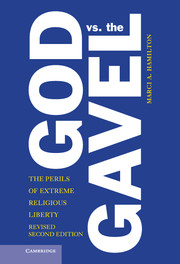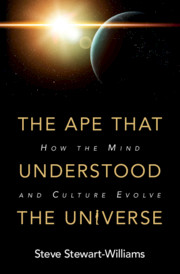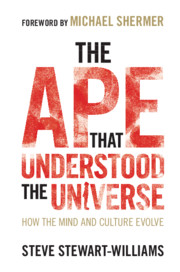Darwin, God and the Meaning of Life
If you accept evolutionary theory, can you also believe in God? Are human beings superior to other animals, or is this just a human prejudice? Does Darwin have implications for heated issues like euthanasia and animal rights? Does evolution tell us the purpose of life, or does it imply that life has no ultimate purpose? Does evolution tell us what is morally right and wrong, or does it imply that ultimately 'nothing' is right or wrong? In this fascinating and intriguing book, Steve Stewart-Williams addresses these and other fundamental philosophical questions raised by evolutionary theory and the exciting new field of evolutionary psychology. Drawing on biology, psychology and philosophy, he argues that Darwinian science supports a view of a godless universe devoid of ultimate purpose or moral structure, but that we can still live a good life and a happy life within the confines of this view.
- Brings together philosophy and evolutionary psychology in a way that will open up debate between the two disciplines
- Goes beyond the God question to consider the implications of evolutionary theory for all areas of philosophy
- Topics covered include: God, life after death, whether we are superior to other animals, the meaning of life, voluntary euthanasia, and the proper treatment of other animals
Reviews & endorsements
'Steve Stewart-Williams explains how evolutionary thought challenges many deep-seated assumptions about God, morality, and human superiority and raises significant questions about such things as euthanasia, suicide, and the way we treat non-human animals. While it has become commonplace for many to equate Darwin's legacy with the stripping away of the moral and the good and to replace it with unpalatable 'Darwinist' alternatives that advocate amorality, nihilism, and a world where 'might makes right', Stewart-Williams carefully and entertainingly shows that, on the contrary, the world after Darwin remains meaningful, wondrous, and intrinsically moral.' Stephen Hill, Massey University
'This is an important, accessible, and timely book for anyone wishing to understand the implications of evolutionary theory for standard views of human nature, morality and religion.' Stephen Boulter, Oxford Brookes University
Product details
September 2010Hardback
9780521762786
352 pages
235 × 161 × 25 mm
0.7kg
Available
Table of Contents
- 1. Darwin and the big questions
- Part I. Darwin Gets Religion:
- 2. Clash of the Titans
- 3. Design after Darwin
- 4. Darwin's God
- 5. God as gap filler
- 6. Darwin and the problem of evil
- 7. Wrapping up religion
- Part II. Life After Darwin:
- 8. Human beings and their place in the universe
- 9. The status of human beings among the animals
- 10. Meaning of life, RIP?
- Part III. Morality Stripped of Superstition:
- 11. Evolving good
- 12. Remaking morality
- 13. Uprooting the doctrine of human dignity
- 14. Evolution and the death of right and wrong.

